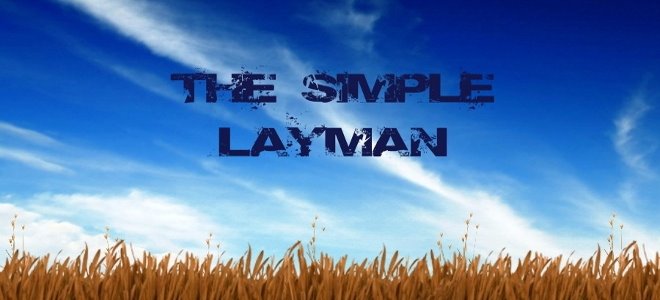-->
It has been a while since I used my
film cameras to shoot any pictures. I used them last spring and was
disappointed because local labs who processed film really didn't care
to process it anymore. This attitude showed in ways of poor
developing resulting in thin negatives caused from turning on film
developing machines and not letting them get up to full temperature
before developing the film, or in exhausted developers and a
unwillingness to change expensive, exhausted chemistry. My last six
rolls of film were ruined to three local labs as a result. In all
honesty, I understand the demand for film developing is almost none
so why should labs even keep developing film at all, let alone
replace expensive chemistry for a few rolls a month, or waste time
waiting for machines to warm up when they have other things to do in
a lab? With lab employment turn-over, because it pays so little, few
people are even properly trained to handle the film let alone know
why it didn't turn out. Try to explain why the numbering on the edge
of a film being faded, instead of bold and distinct, is a result of
poor developing, not poor photography skills, and they are at a loss
to understand it. Having developed my own films in the past and
actually running a photo lab back when all my adjustments were
manually made instead of automatic I think qualifies me to know the
difference.
So why do I bother if digital is the
way to go?
Well, because I love film photography,
more than I like digital, and I do like digital for many things.
Digital is fun, has quick results you can see, and provides more ease
of use in low light and difficult situations, not to mention easy
white balance and other color balance without the use of filters.
For me though, it doesn't provide the satisfaction or the involvement
mentally that film does, nor the therapeutic benefits of spending
time with, well, an old friend. Shooting good pictures on a camera
with manual focus, aperture settings and shutter speeds while having
to deal with contrast and time in a darkroom is different in many respects from digital. I suppose if all you want is a digital
outcome, that is, a digital file you can view on a computer or send
off to a local lab for quick prints, then yes, the average person is
quite happy with the results. Why then shoot film if the only result
desired is to get a quick scan of them you can view on a computer?
In this case, buying a digital camera has saved you many steps and at
a greater advantage.
I love the look of film, even when
scanned into a digital file. That's why I still keep using film,
although that has been hampered by the lack of money from being out
of work for a couple of years. When I recently began looking at film
for my camera I was really shocked to learn how little film stock is
being produced. I knew this was happening, and last I heard, Kodak
had stopped offering any processing of Kodachrome film, (the last lab
to process it stopped developing it a couple of Christmas's ago).
What really surprises me is people are still selling old Kodachrome
stock on the internet hoping people will buy it and take it off their
hands, which is ridiculous since there is no one in the world that
can develop it.
Now I see that during my financial sabbatical from
film photography, Kodak has stopped making all the other best all
around films I used to love, (Kodak 100/200 Gold, and Kodak Elite
slide film, and others). Some old stock is available from a few
distributors until it is gone, but the big 'K' no longer exists for
all intents and purposes. I am thankful that black and white is
still available, but the companies now making color film are the ones
I only ever played around with and I always ended up going back to
Kodak films for best color and archival properties. I knew Kodak had
sold off some of it's patents and I hoped some small, independent
company who had an interest in renewing the sale of it's formulations
would market them. Sadly, this has not happened. Also, finding a
200 ASA color or black and white film is near impossible because most
manufacturers are only making 100 and 400 films. I preferred 200 ASA
speed for all around film shooting.
It's a little late to say it I guess,
and so many articles have been written about it already, but film
photography will be missed when if it does finally die. Right now,
for me, it is like watching an old friend just fade away from old age
until he takes his final breath.

















